Balance Pot Uses
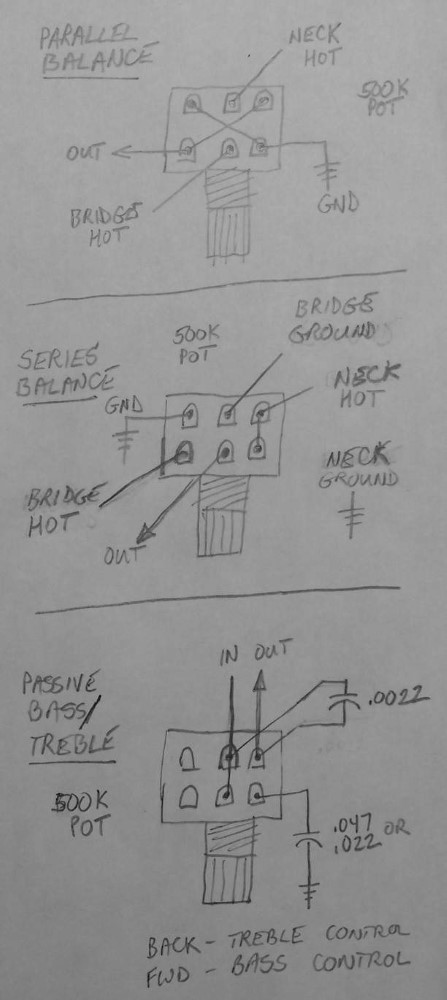
Here are some uses for a balance pot with a center detente. In all of these cases, a 500k pot is assumed, although it is only strictly required for the last one. The first diagram is a typical balance control for two pickups in parallel.
The second diagram is also a balance control for two pickups, but this time in series. This gives a completely different response from parallel wiring, louder and fuller, but also has an odd characteristic where the output drops slightly midway to either side, then picks up again as that pickup maximizes, sort of a 'W' shaped curve.
The last diagram shows the previous two tone controls combined onto one knob. Turn it back for a normal treble control, or forward for a bass control. You can't get both at once, just one or the other, but that is less of an issue than you'd think, as using both controls at once can easily strangle everything. This control can be used to replace a stock treble control with no outward changes to the guitar, adding the bass control.
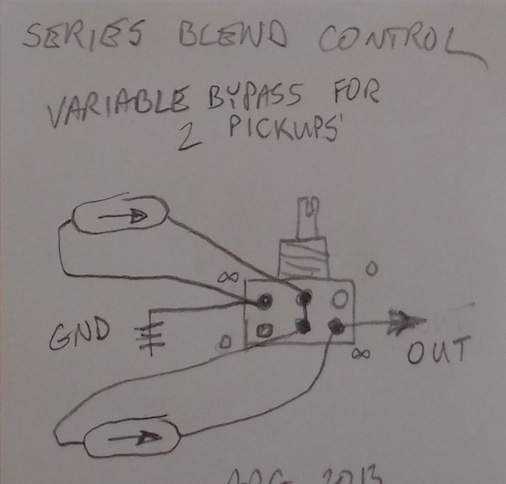
This is another version of the series balance control. You'll notice that the two are wired completely differently, yet both work the same. This one is more intuitive, it functions basically the same as a Danelectro pickup switch, shorting either pickup's output to its own ground. I think I like this one better.
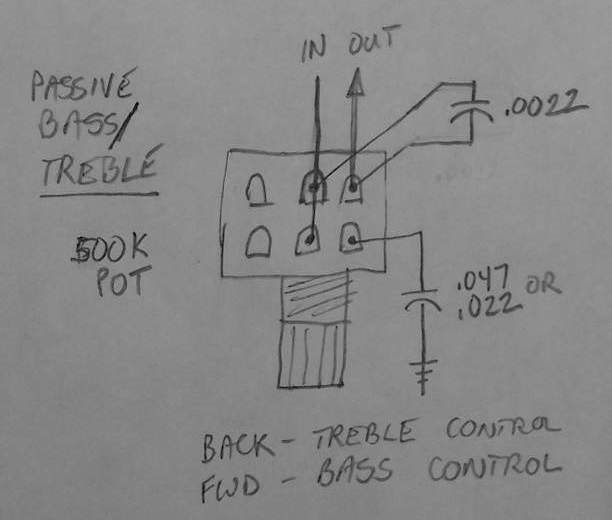
Using a balance pot and a 'strangler cap', you can build a double-acting tone control, that cuts treble in one direction, and bass in the other. You could use two separate pots, but the result of cutting the highs and the lows at the same time is wimpiness, so the balance pot works out well, it gives an extra option without needing an extra hole. Note the value on the 'strangler' - it is tiny. You can use a ceramic, it will work fine.
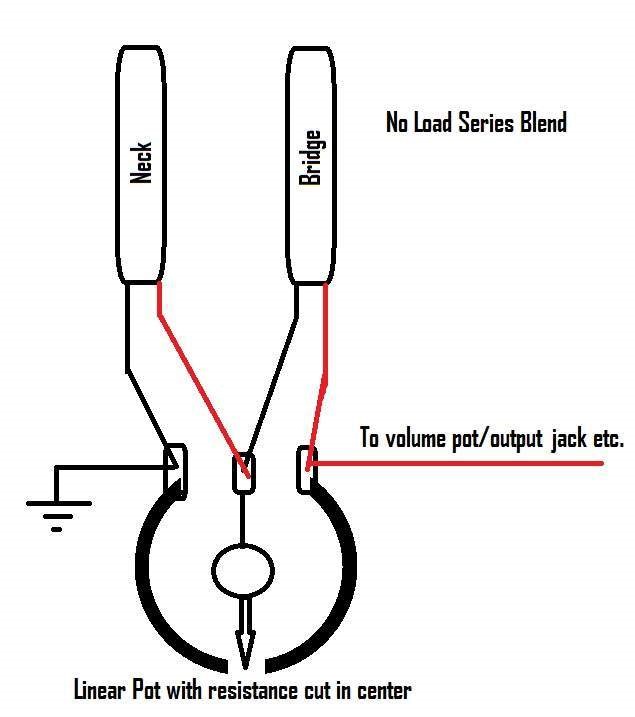
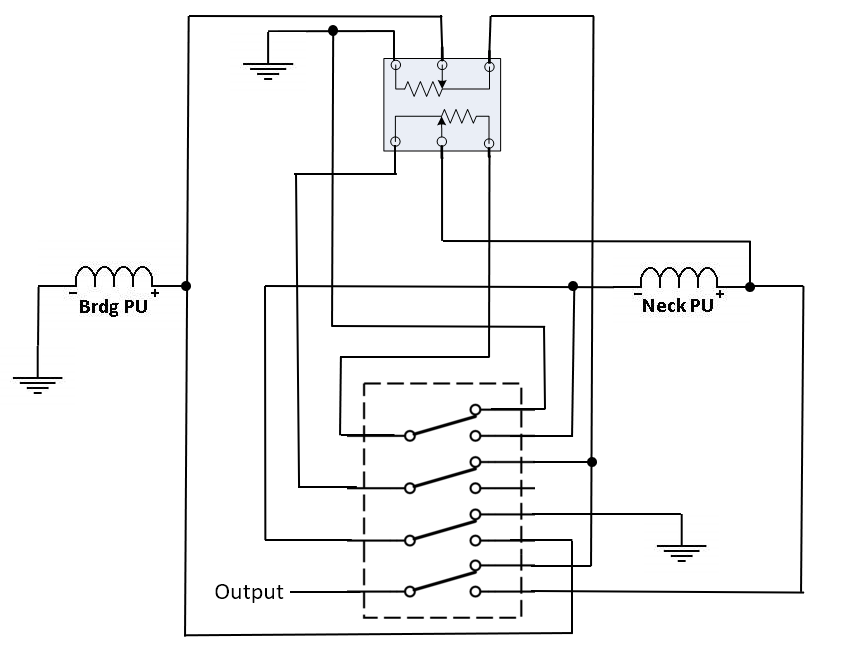
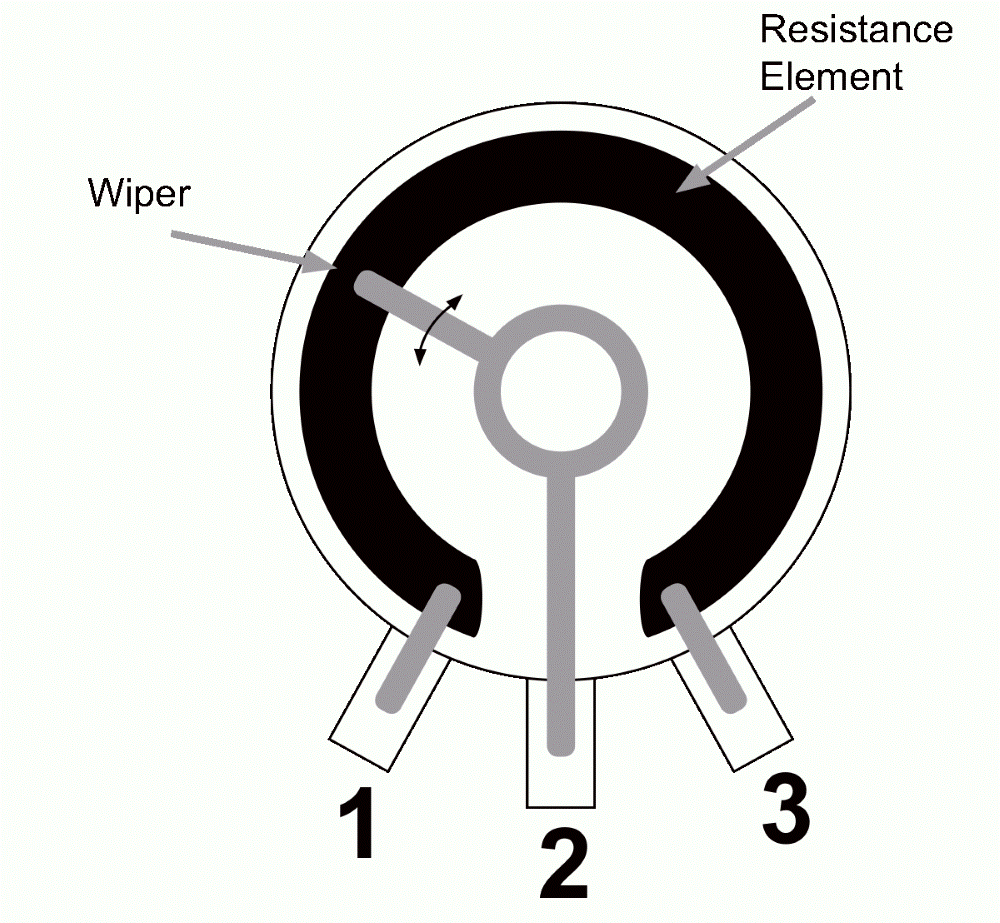




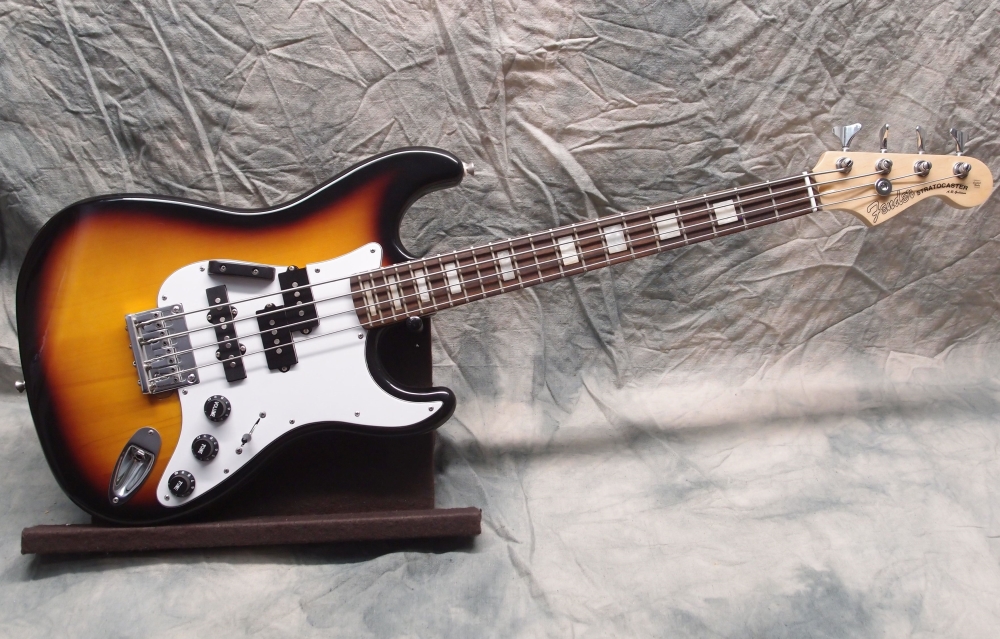
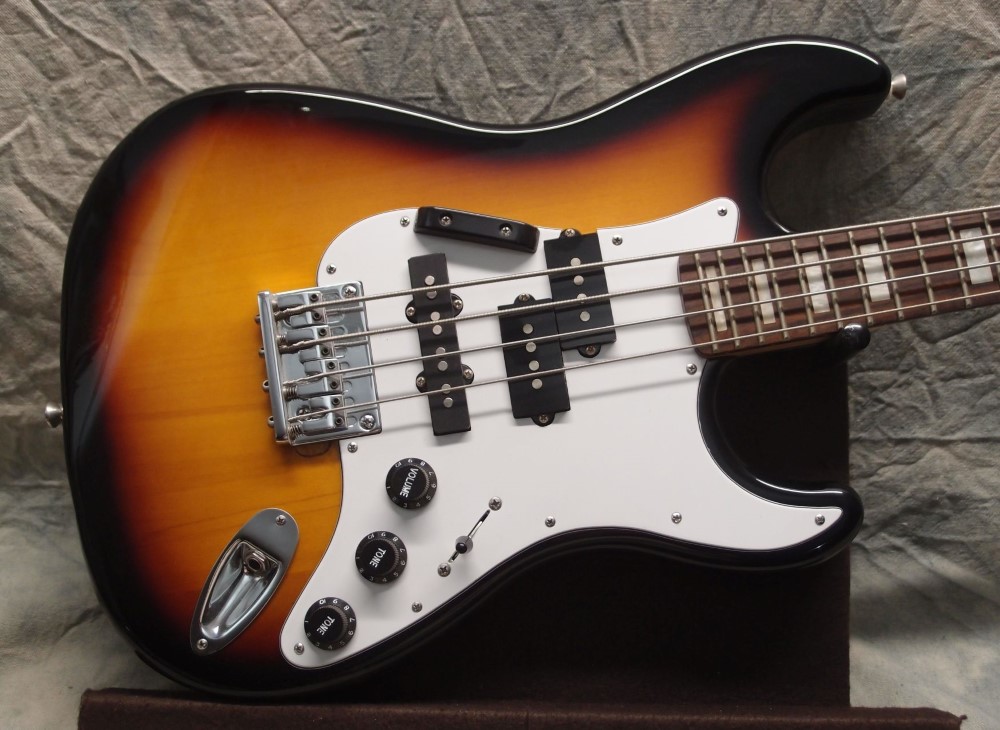
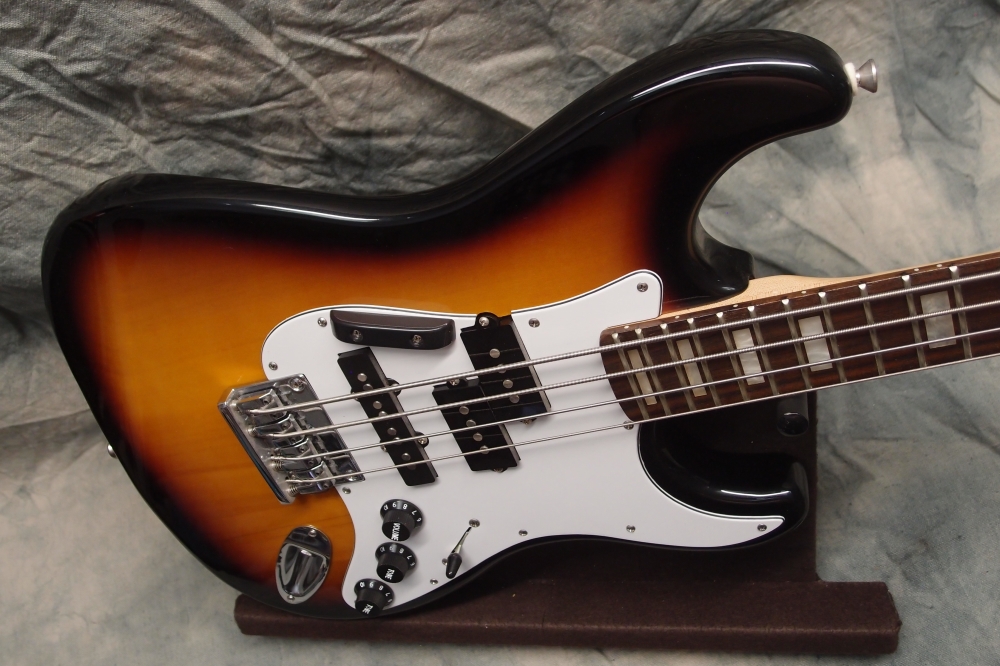
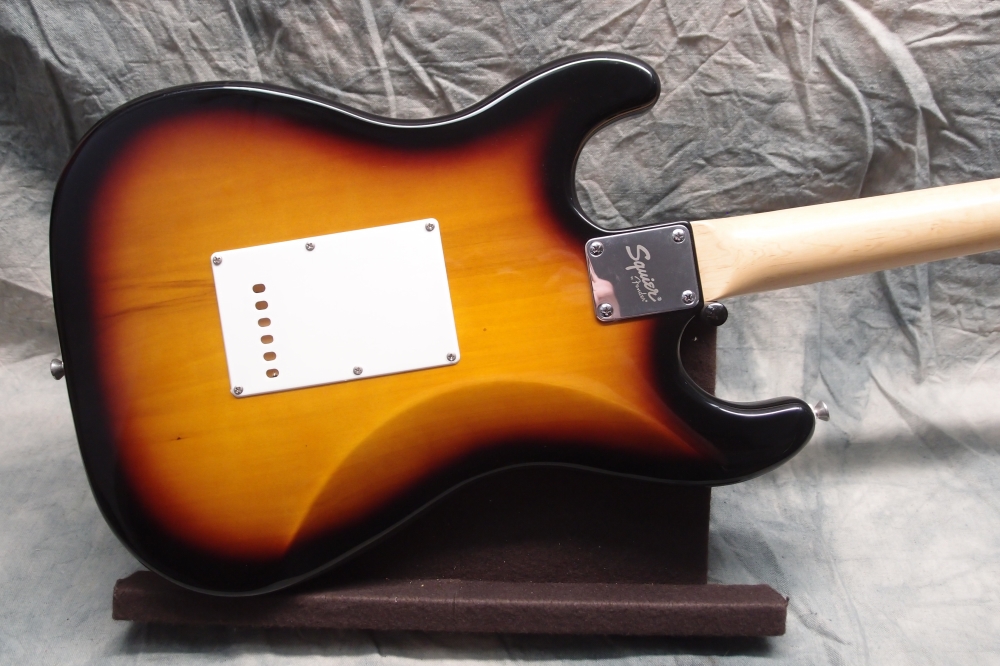
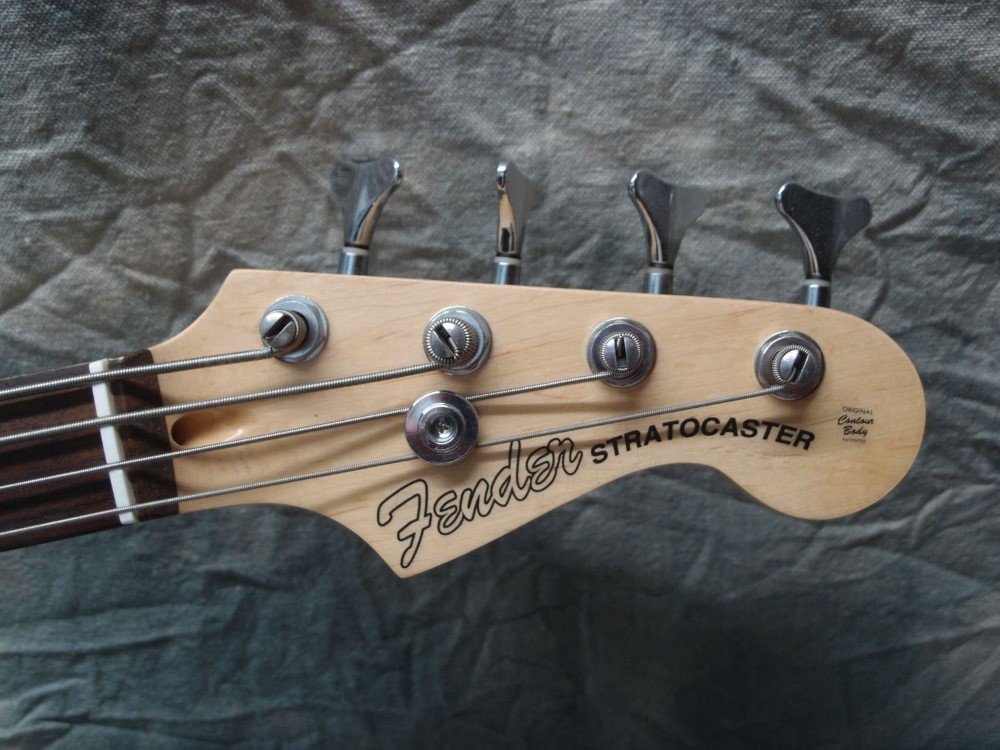
Questions or Inquiries?
Just want to say Hello? Sign the .